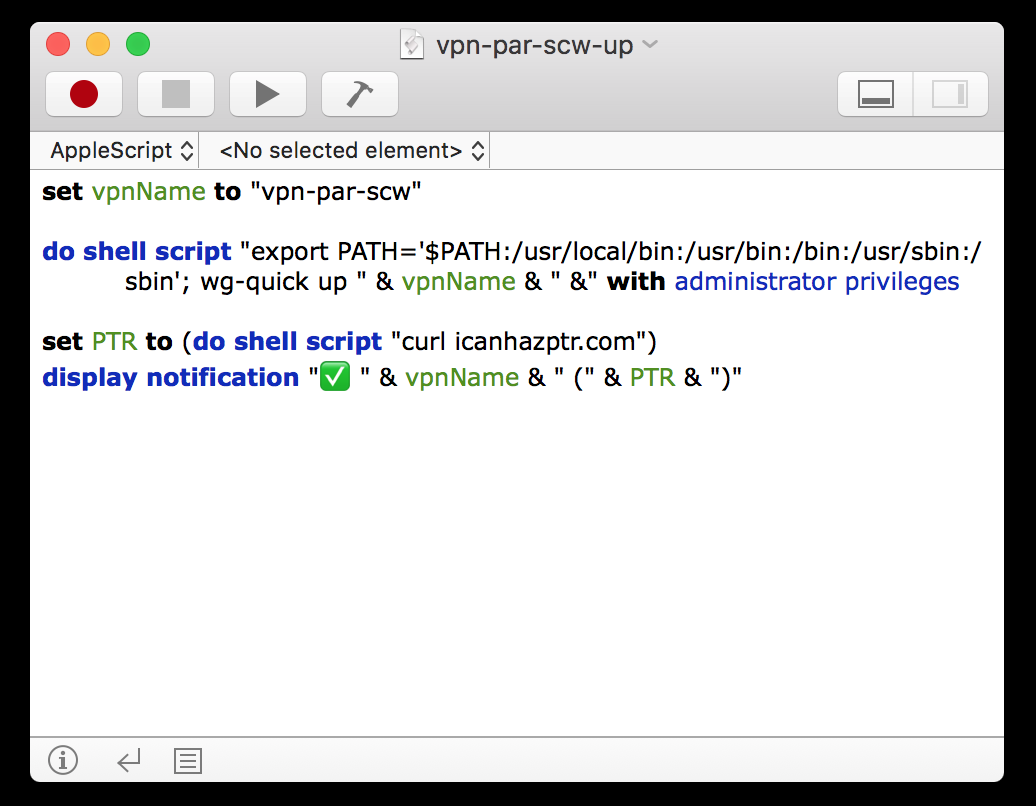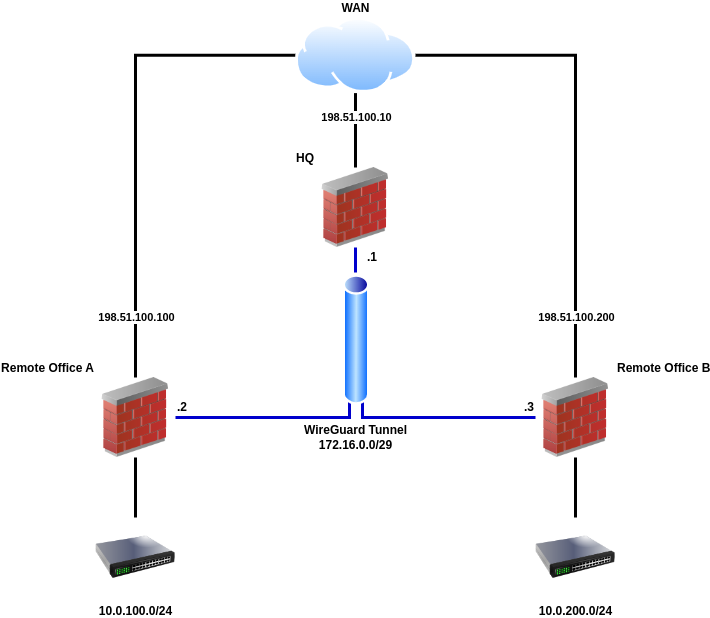Featured
Table of Contents
Wireguard Road Warrior Setup
Among the most popular VPN services,, was the very first of the bigger VPNs to offer Wire, Guard's protocol. Nord, VPN believed so highly of Wire, Guard that it took things even more and customized the open-source offering to produce Nord, Lynx, its tailored procedure that offers one of the fastest VPN connections.
When comparing Open, VPN and Wire, Guard, it is essential to consider the strength of file encryption but likewise speed, and versatility in regards to how quickly it can be integrated into various networks. is an open source protocol that was created in 2001, and in spite of its age most encryption tools support it, therefore it has actually ended up being the most popular of all VPN alternatives on the marketplace.

These are all procedures that develop an encrypted tunnel in between a person's computer and a resource that they are connected to, like an application or a server somewhere. This keeps the information being transferred in between them private. How do I setup Wire, Guard? Setting up a Wire, Guard application is easy.
Virtual Private Networks — Wireguard - Pfsense ...
What's much better: IPSec vs Wire, Guard? There are lots of reports that Wire, Guard offers the same level of file encryption while making connections much faster, however some enterprises may choose IPSec due to the type of cryptography algorithms it supports.
There are many totally free VPNs that support Wire, Guard, and it is also consisted of by default in the Linux kernel, so those who are skilled at programming can develop these types of encrypted connections merely by typing in the command line. Wire, Guard is likewise supported by subscription-based security products.

From then on all connections will be tunneled using Wire, Guard rather than alternative protocols. Is Wire, Guard safe to utilize? It is relatively new on the scene, Wire, Guard's tiny codebase has actually been completely checked and examined, and it's addition on the Linux kernel is a massive vote of self-confidence in its safety.
What Is Nordlynx And How Does It Work? [Full Explanation]

Many VPN services that exist today were developed a very long time back, so they're quite slow and are extremely crafted. Enter Wire, Guard, a job that puts security and simplicity. Security researcher and kernel designer Jason Donenfeld understood for Wire, Guard in 2017 while in requirement of a stealthy traffic tunneling service that could be used during penetration testing engagements.
So, he set out to develop a completely new VPN protocol and application that would avoid some of the design decisions that transformed other tunneling technologies into beast tasks with big code bases and numerous knobs and switches. For one, the Wire, Guard procedure does away with cryptographic dexterity-- the concept of providing options amongst different encryption, crucial exchange and hashing algorithms-- as this has actually resulted in insecure implementations with other technologies.
The procedure is also stealthy, as it does not react to any packets from peers it doesn't acknowledge, so a network scan will not expose that Wire, Guard is running on a machine. what is wireguard protocol and how does it work?. The connection in between peers, which can act as both customers and servers at the same time, go quiet when there's no exchange of information.
Wireguard Vpn Protocol Is Fast. But Is It Good For Your ...
The main Wire, Guard execution is for Linux and comes in the type of a kernel module. The code is planned to be quickly auditable, with Donenfeld stating it can be read in an afternoon. Compared to Open, VPN which has over 100,000 lines of code and depends upon Open, SSL-- another big codebase-- the Wire, Guard kernel module has around 4,000 lines of code and the crypto code is constructed into it.
Aside from some community-supported Android firmware tasks that integrated the Wire, Guard kernel module, the non-Linux Wire, Guard implementations run in userspace and do not take advantage of the exact same efficiency as the kernel implementation. That stated, they still manage to match or exceed Open, VPN. The Wire, Guard kernel module is available in the plan repositories of all major Linux circulations and even some specific ones.

6, released on March 29, 2020, Wire, Guard is among the innovations that are constructed in by default. This is likewise considered Wire, Guard's very first steady release, or version 1. 0.0."The last several weeks of 5. 6 development and stabilization have been interesting, with our codebase going through a quick security audit, and some real headway in regards to entering circulations," Donenfeld stated in the release statement.
How To Set Up Wireguard Vpn On Linux
Donenfeld accepted the compromise and was mostly pleased with the outcome."It's not called 'Zinc' anymore, and a few of the design decisions I liked aren't there, however I believe the lion's share of what we were after is there, and a few other pieces must be possible to upstream one at a time," he stated in a message to the Wire, Guard project's mailing list at the time.
From then on, things moved reasonably fast, with numerous evaluations, bug fixes and modifications in the course of a few months prior to the stable release. Windows doesn't provide a native TUN virtual device and while some motorists exist to accomplish this from tasks such as Open, VPN or Soft, Ether, they were composed a long time ago and have numerous issues.
Even before reaching a stable version Wire, Guard was already being utilized in production. Some commercial VPN service companies offer Wire, Guard servers and there are ongoing efforts to construct mesh networking tools around it. It is not yet "enterprise ready" and it's unclear if it will ever be due to the fact that its designers are reluctant to add new features that are only beneficial to a subset of users or cover edge cases because that's how other projects ended up being overly intricate.
Is Wireguard The Future Of New Vpns? [Updated 2022]
Enterprises require to deploy and set up new software on a large number of computer systems in an automatic way, but the circulation of public keys among peers and essential management are not covered by the Wire, Guard task itself and will have to be carried out as a different tool.
Wire, Guard, which makes it more available than some exclusive innovations. Its open source also makes it much more friendly when setting it up on devices that do not support Wire, Guard natively.
Wire, Guard needs to be an alternative without any shadows of doubt. Wire, Guard works by on the VPN servers so that the data packages would not be mixed amongst its users. In principle, this can seriously threaten the user's privacy as this is among the key vulnerabilities that an intruder might target.
Latest Posts
10 Best Vpn Services Of 2023 - Top Vpns Rated By Experts
24 Best Vpn Services Available In 2023
Stay Safe On The Go With The Fastest Mobile Vpn